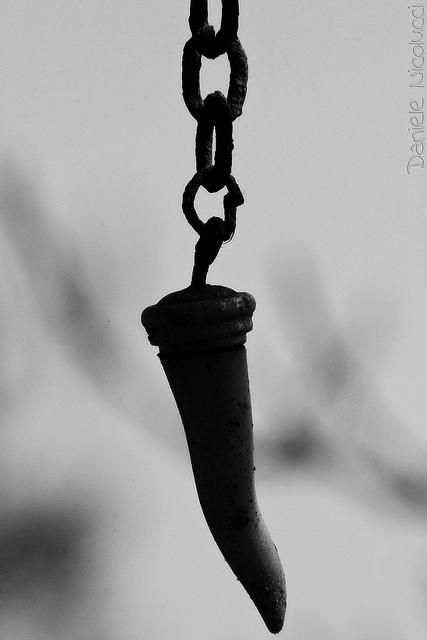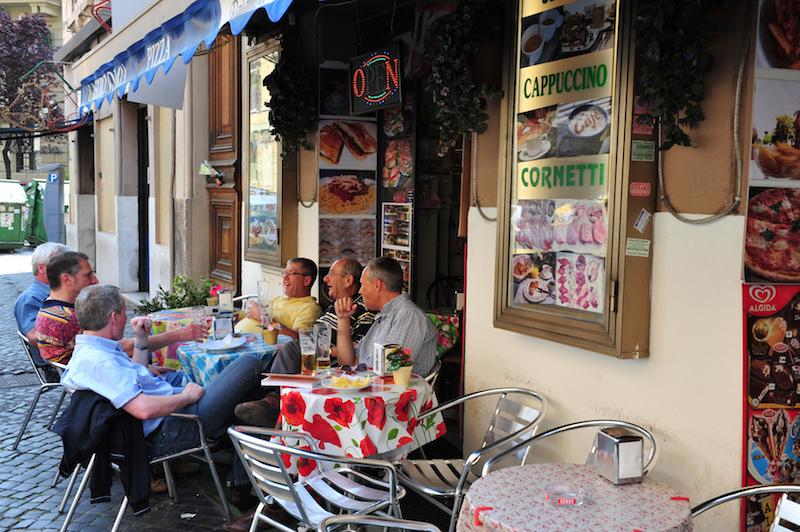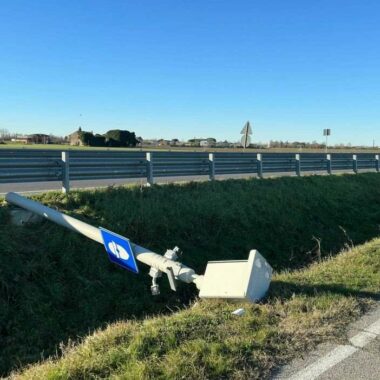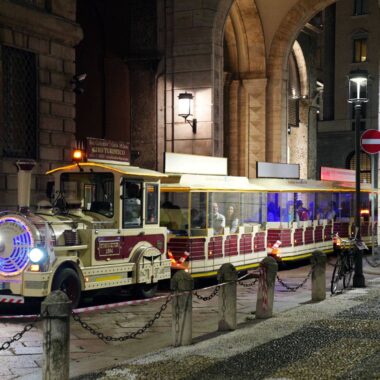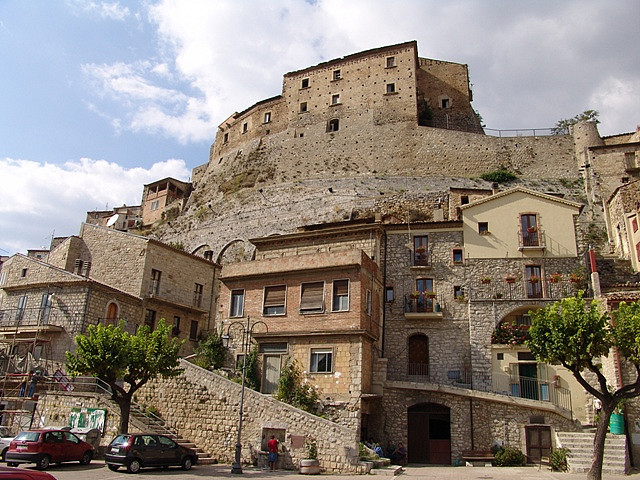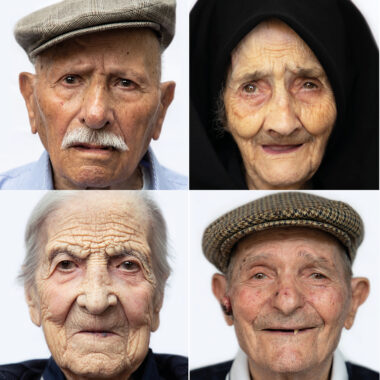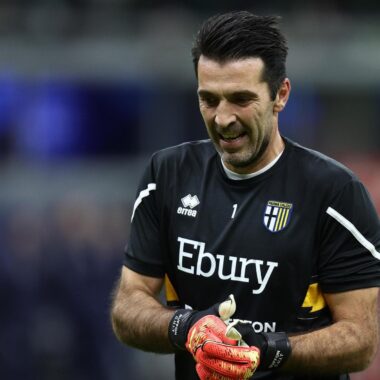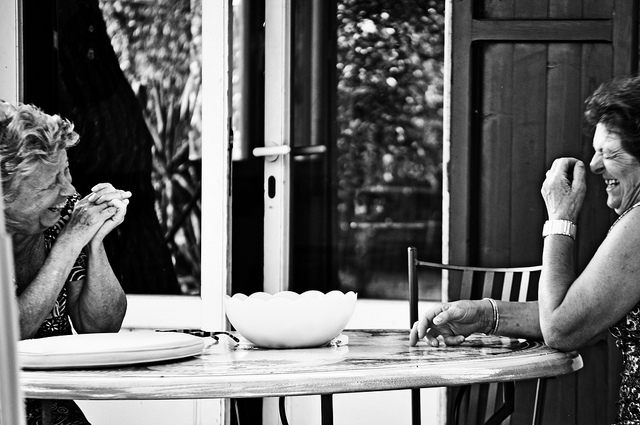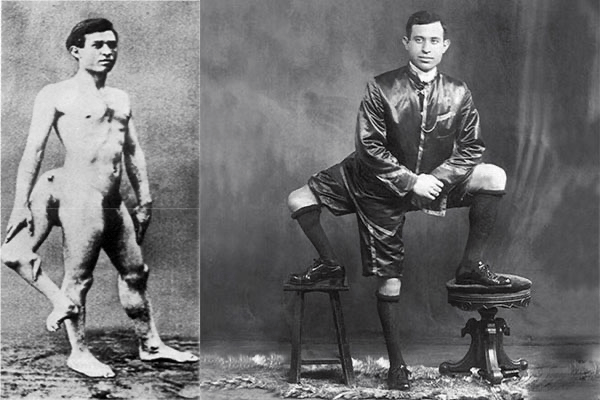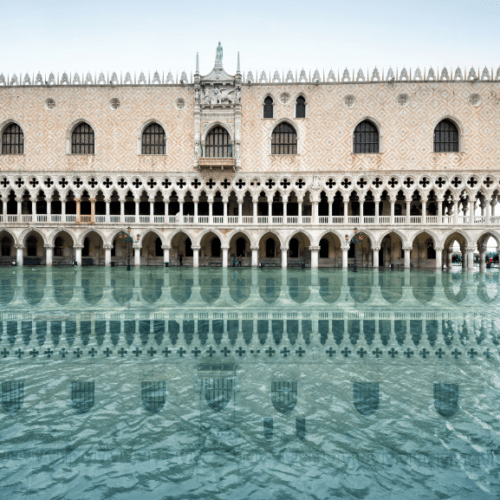Every nation has their Old Wives’ Tales and Italy is no exception. I go to Southern Italy often on holiday to see my family and not one year goes by when I get yelled at for doing something that I shouldn’t be doing on a certain day.
The main thing that Italians are aware off is Malocchio, meaning Evil Eye.
Malocchio is best described as a curse, though strangely, can be something as simple as a compliment. For example, if someone tells you your baby is beautiful, the fates have been tempted. You must make the horn sign to protect your child. The hand sign of extending your pinkie and index finger, while keeping the others folded back, is supposed to ward off the evil spirit that someone has put on you.
Many Italians wear a horn-shaped charm (the corno) as a necklace for protection as well as having a corno hanging in their cars.
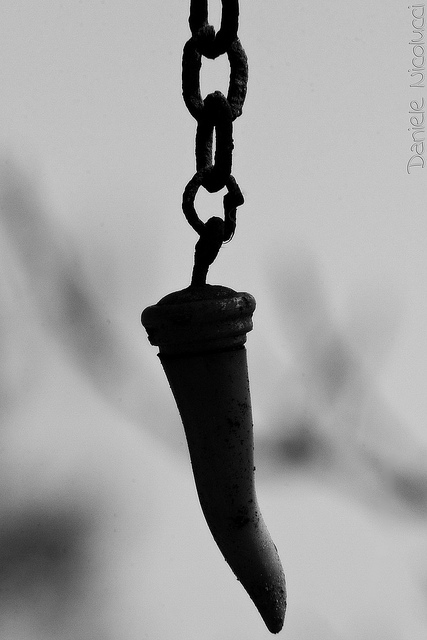
By all accounts, when Malocchio has been sent your way, you may get an excruciating headache and a Catholic that has been baptised, communed and confirmed may be able to help.
They would have said a private prayer on New Years Eve, similar to an initiation rite that would have ’empowered’ them by the grace of God to rid you of Malocchio.
To have birds and bird feathers, especially peacock feathers in the home is considered bad luck, as they appear to have the Evil Eye on them. On the other hand, a cat sneezing is good luck to all those that hear it.
In the UK and America, we are used to saying, “touch wood”. Italians say “tocca ferro” which means touch iron ,especially immediately after seeing a nun, as apparently they are unlucky too.
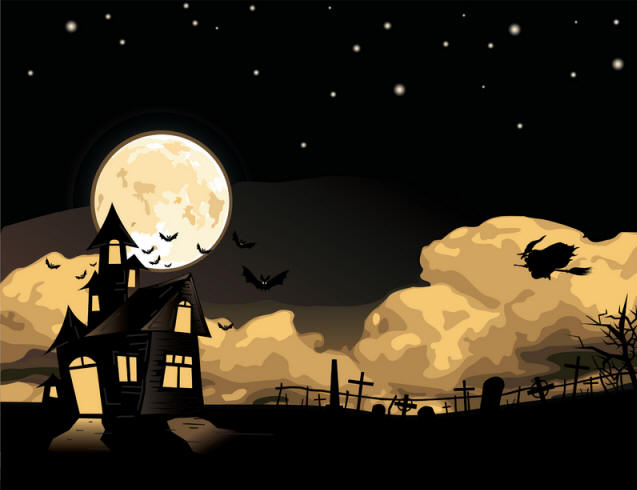
After-death rituals were directed at keeping the dead persons’ spirit from returning.
Those carrying the coffin would go directly to the cemetery and survivors made sure to return home by another route: this was thought to confuse the dead.
Salt was sometimes placed under the dead persons head to confuse them, too. Including the deceased’s favourite items such as a treasured photo or even cigarettes and a lighter in the coffin, was also believed to keep them from returning to retrieve their treasured possessions.
If you forgot some item, it was sometimes included in the next dead persons casket assuming that the first deceased and the second would meet up in the hereafter.
By the way purple and black are considered mourning colours so therefore are classed as unlucky.
I preti, almeno sino ad alcuni decenni fa (e i piu’ tradizionalisti e/o anziani ancora oggi) portavano sempre quel loro strano cappello e non lo toglievano entrando in un edificio, pero’ se e quando si recavano da un moribondo per l’estrema unzione e confessione devono toglierselo per mettersi i paramenti ed ecco che il prete, che a questo punto e’ in genere seduto o in piedi accanto al moribondo nel suo letto, si toglie il cappello e lo posa sulla superficie piana piu’ vicina, il letto, appunto!
Ecco quindi spiegato l’arcano, un cappello sul letto richiamerebbe una scena di morte imminente o appena avvenuta.
This translates into:
Priests, at least up to a few decades ago (and the more traditional and/or old ones still today) always wore that strange hat of theirs, and never took it off even inside a building. However, when they went to the bedside of the dying for confession, they had to take it off to put on their vestments. Then you would see the priest, who at this point was usually seated or standing next to the dying person in their bed, take off his hat and put it on the nearest flat surface – the bed!
This explains the arcane: a hat on the bed recalls a scene of death (imminent or just occurred).
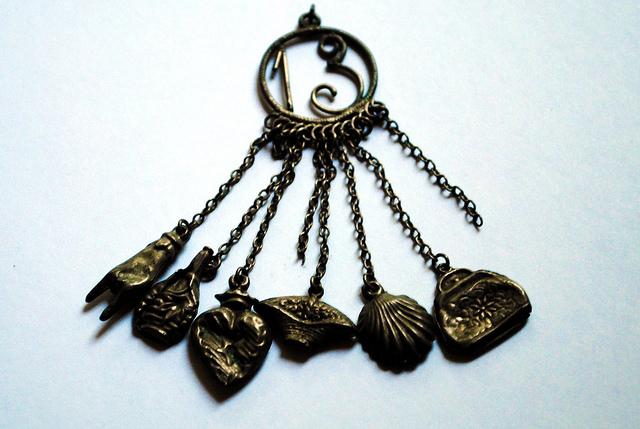
This medical superstition, colpo d’aria meaning ‘punch of air’ is considered extremely dangerous. A draught can cause anything from a cold to paralysis. And my Nonna always tells me off for not using a hairdryer and that I will suffer for going out with wet hair. By the way, apart from the first Friday in March it is considered ill health to shave on a Friday.
And with regard to Fridays, where we see Friday the 13th as unlucky, many Italians see Friday the 17th as an ill-fated day.
I love to buy Nonna flowers when I am there, and as much as she smiles she tells me flowers are for the dead. Good job I never bought her a Yucca plant then, as Italians call this the plant of happiness but it brings bad luck into the home.
No housework must be done on the 6th of January. This is the day of Epiphany, which in Italy is believed to be a witch called La Befana.
According to legend, the Wise Men asked the kindly old witch to accompany them to see the infant Jesus. She refused, saying she was too busy and had to clean her house, and so she missed the wondrous sight.
Each year, on the 5th of January, La Befana goes from house to house, leaving gifts and looking for the Christ child.
In Italy, most homes like our churches have a presepio (Nativity scene).
On Christmas Eve, the family prays while the mother places a figure of the Bambino (Christ child) in the manger.
Many Italians serve eels for dinner on Christmas Eve. They also bake Christmas bread called Panettone, which can contains raisins, nuts and candied fruit or cream, jam and chocolate.
On New Year’s Eve however, eating lentils at midnight is good luck in fortune and ladies wearing red undergarments will have good luck in love.
By Helen Binotti

